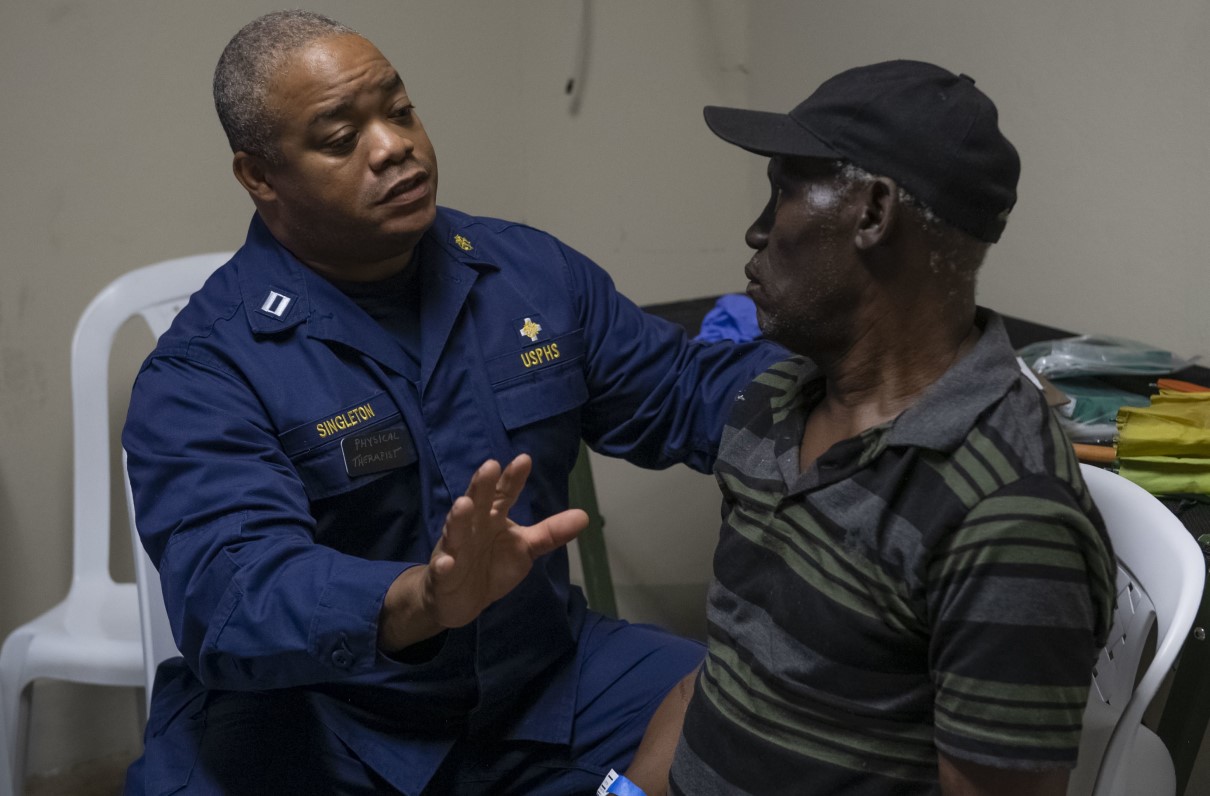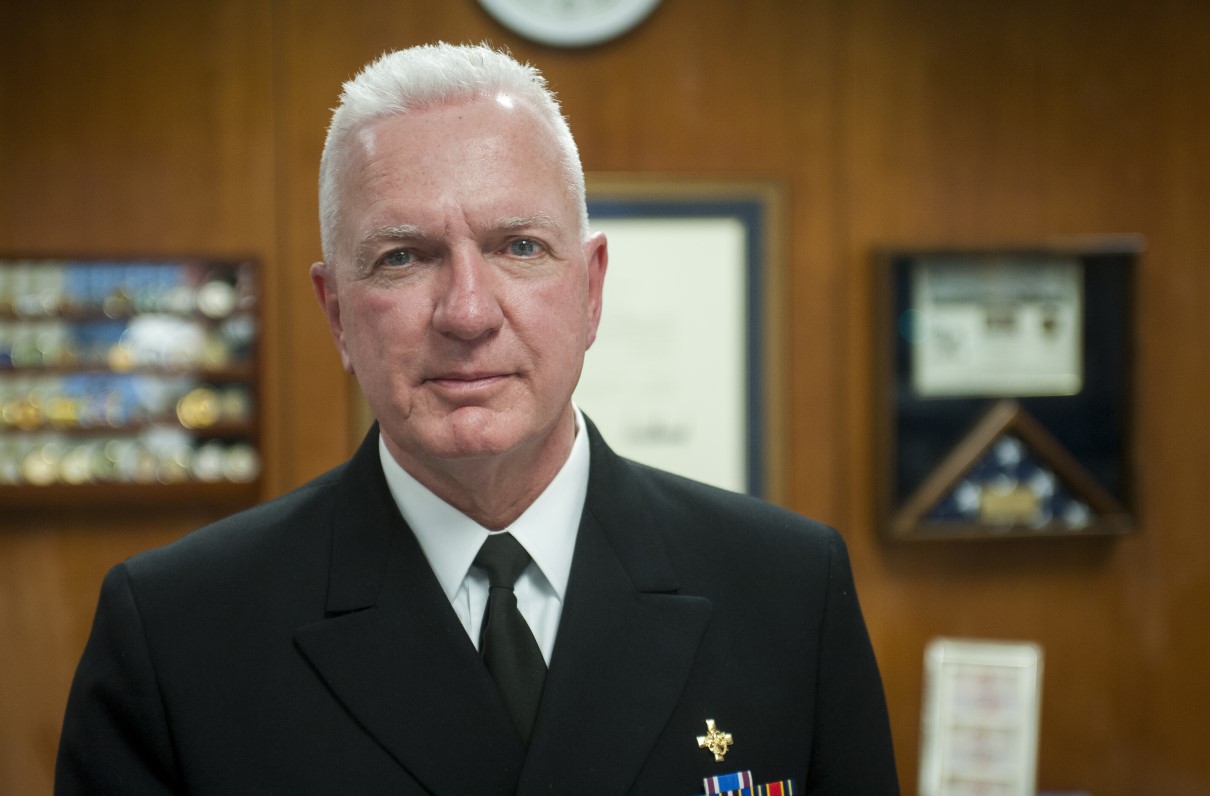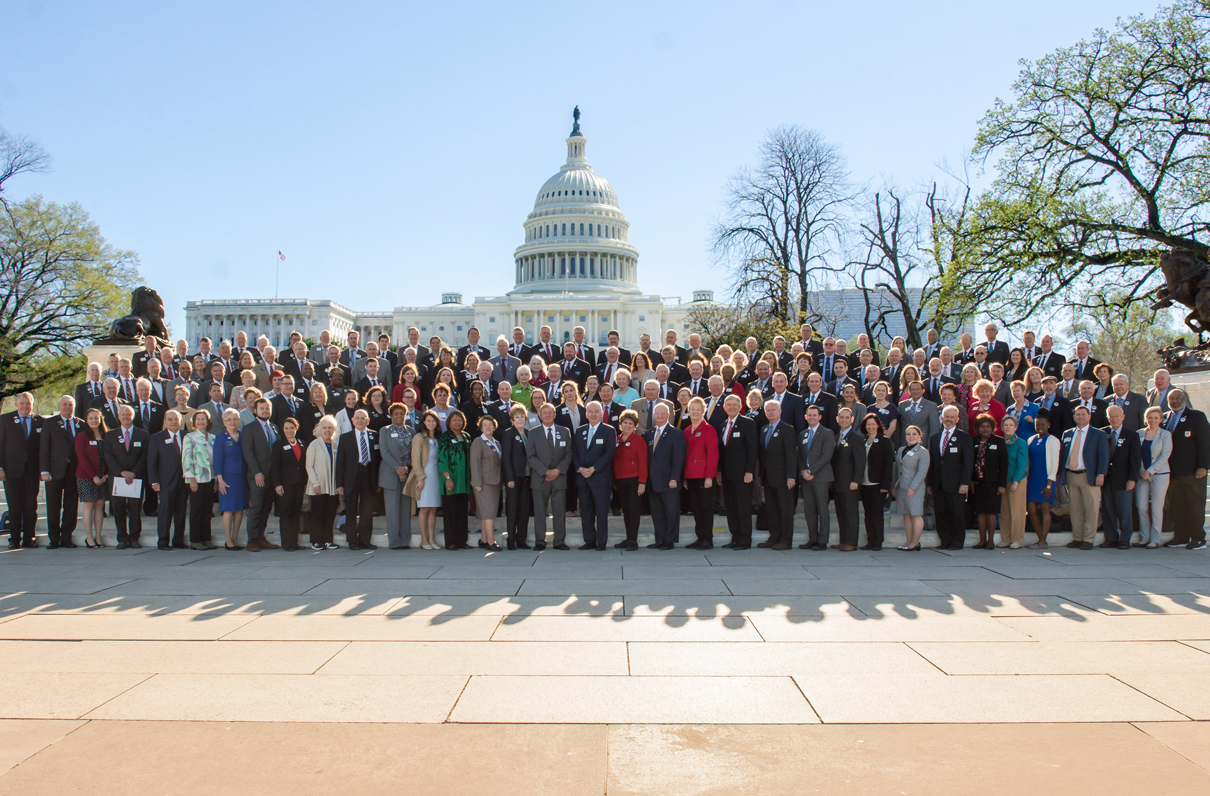A bill that would create a Ready Reserve Corps of public health personnel passed unanimously Jan. 9 in a Senate vote.
The U.S. Public Health Service Modernization Act, S. 2629, provides for a ready reserve corps to fill the need for an additional commissioned corps for emergency response missions. The bipartisan legislation is sponsored by Sen. Mike Rounds (R-S.D.), with support from Sens. Doug Jones (D-Ala.) and Patty Murray (D-Wash.).
In 2010, Congress had approved a ready reserve corps of 2,500 personnel, but due to a technical error, the legislation failed to include the statutory authority for pay and benefits. The current bill resolves this, giving the service authority to create a reserve component and provide compensation and benefits.
The Military Coalition (TMC), a consortium of organizations representing 5.5 million servicemembers, veterans, and families, sent a letter to congressional leadership expressing support for the legislation. MOAA, along with 30 signatories, emphasized the important role USPHS plays in health-related emergencies, ranging from disease control to natural disaster response.
“As part of the U.S. Department of Health and Human Services (HHS), the corps provides a mix of clinical and administrative leadership throughout the federal health system who deploy to the frontlines of health emergencies in the country and abroad. … A reserve component ensures the USPHS has the resources to meet its mission to respond to regional, national, and global public health emergencies,” the letter states.
The House version of the bill, H.R. 4870, sponsored by Rep. Michael Burgess (R-Texas), was introduced in October. The Senate’s passage of its bill has members optimistic that the House bill will succeed as well.
MOAA will continue to advocate for the USPHS to be able to maintain and grow a force of health care professionals who fill vital roles across the globe and provide continuous quality care during disasters.



